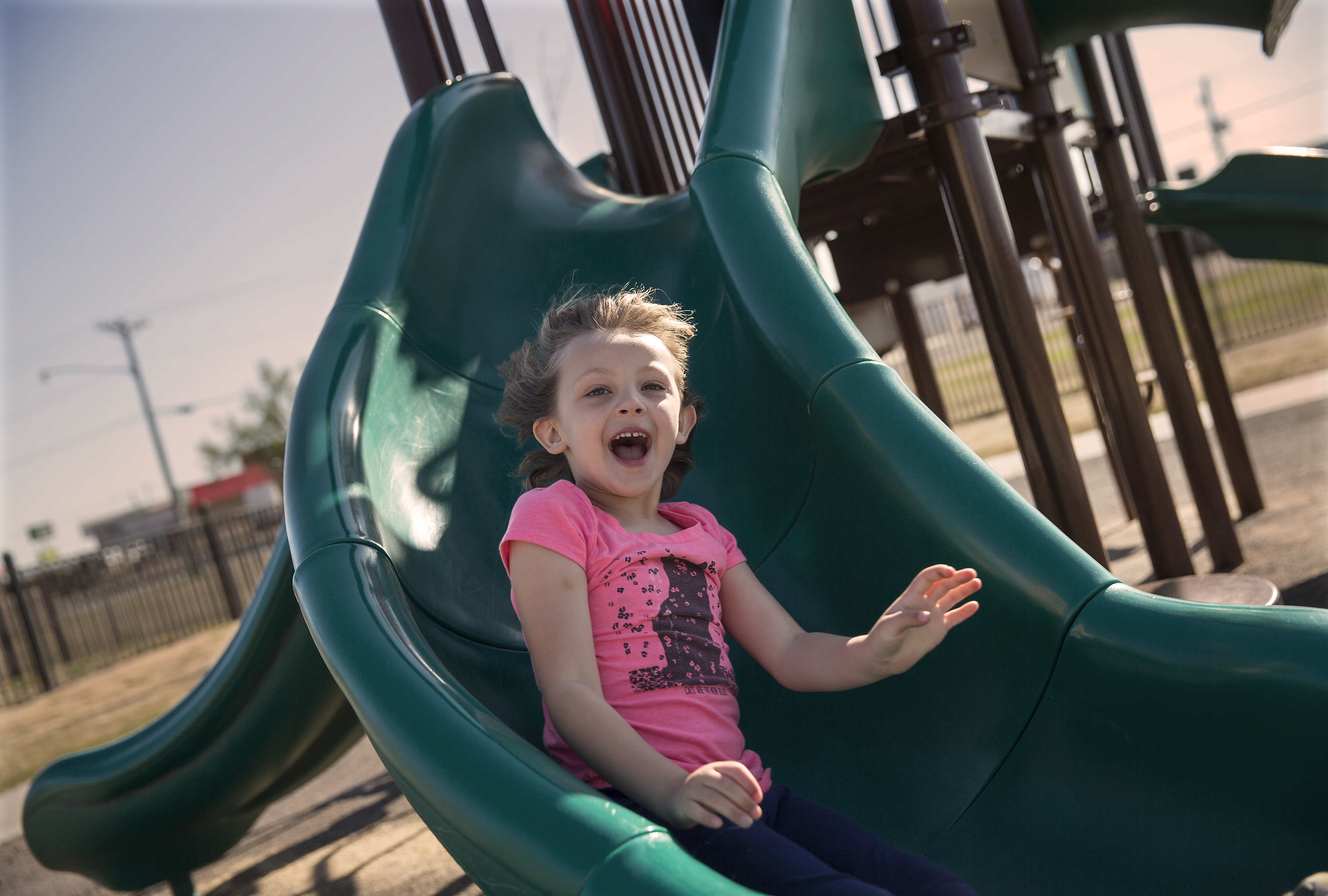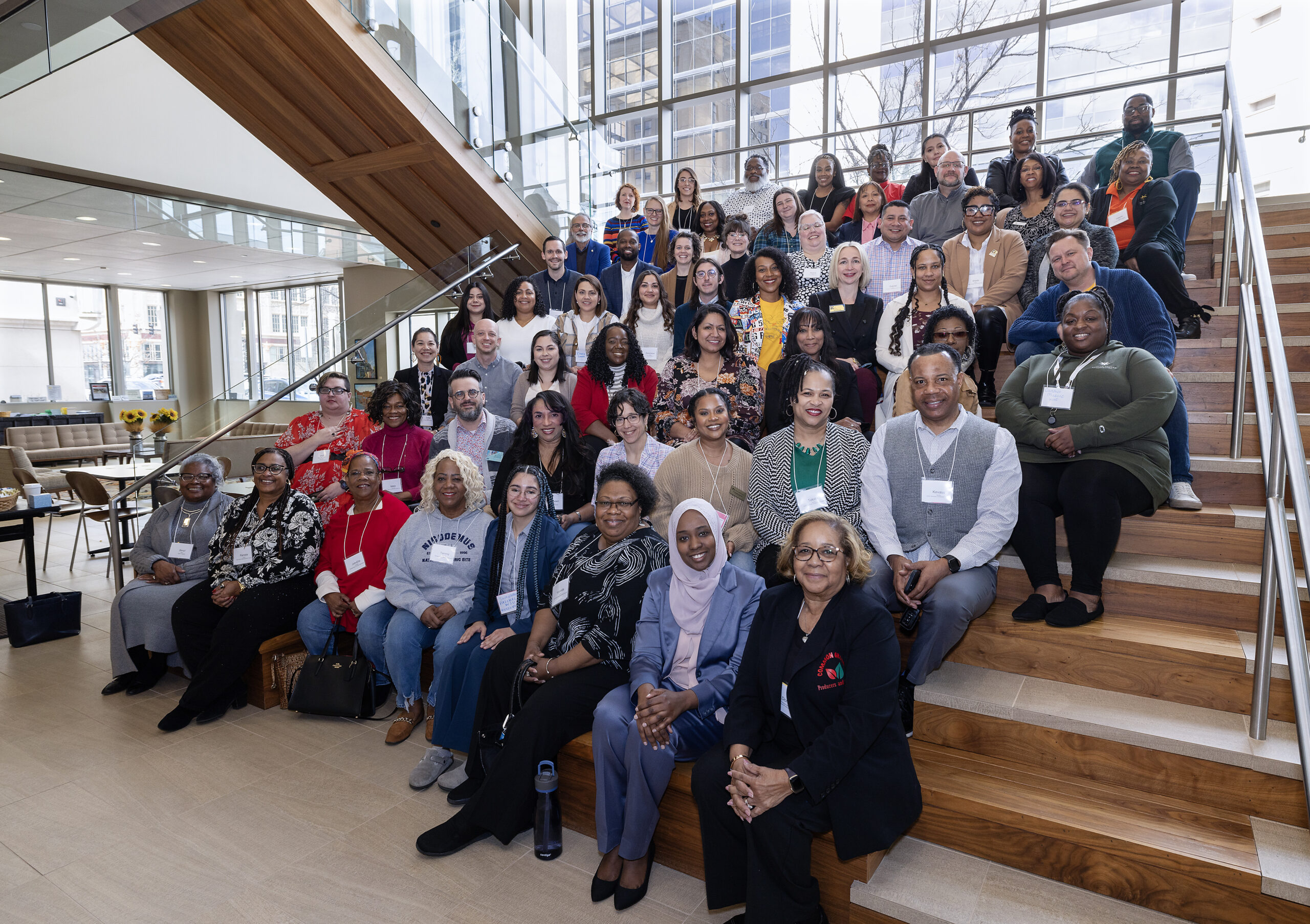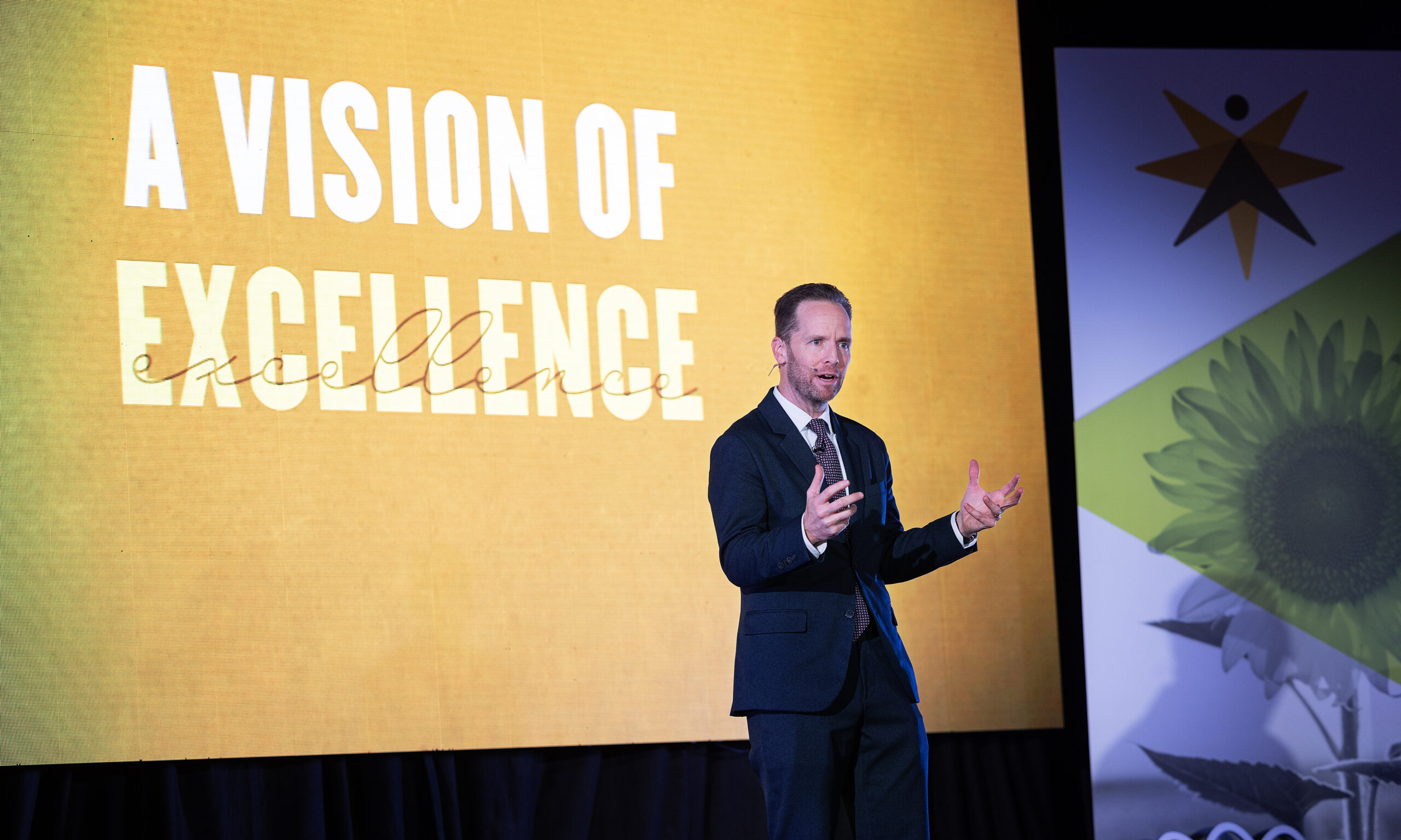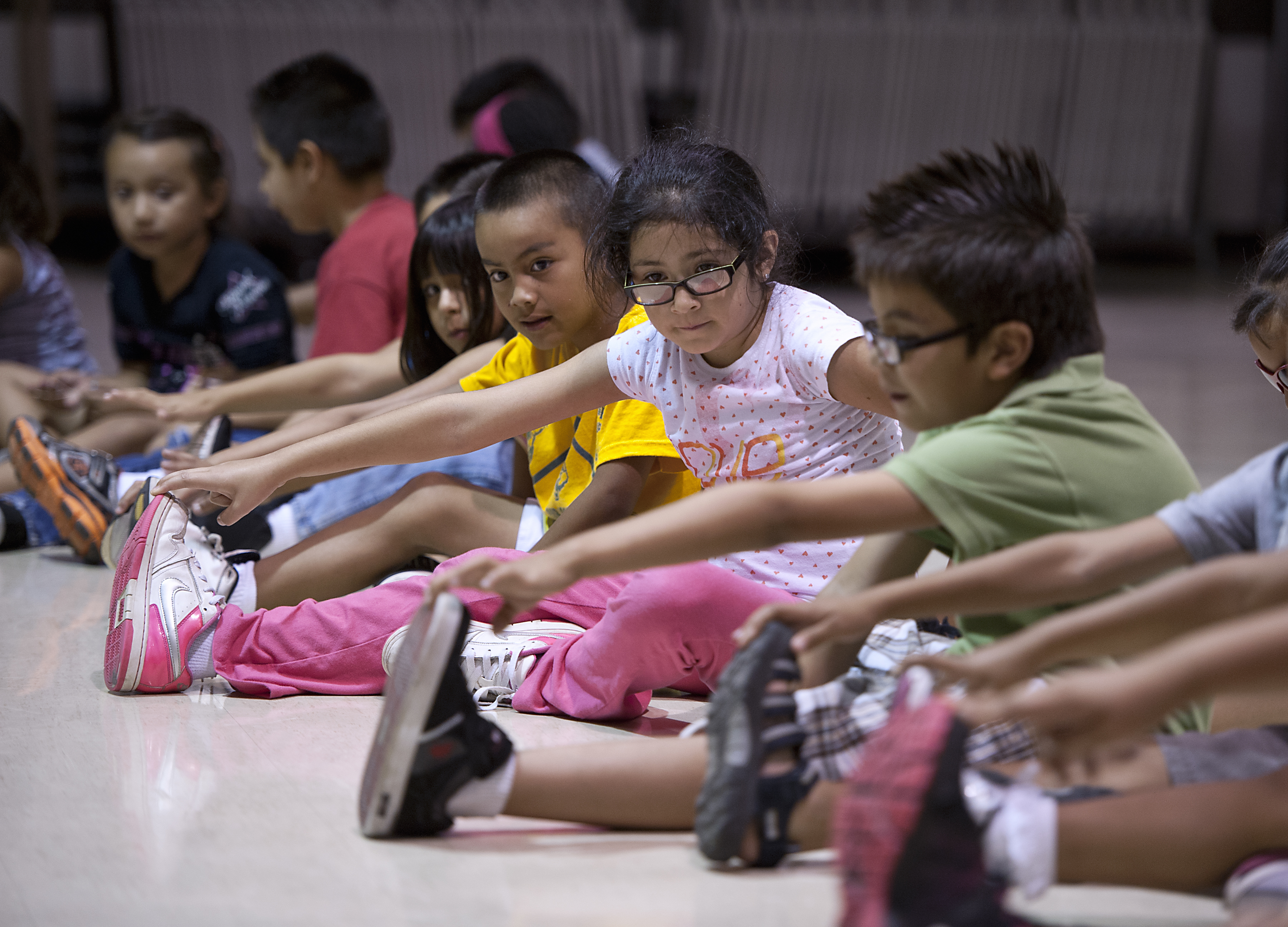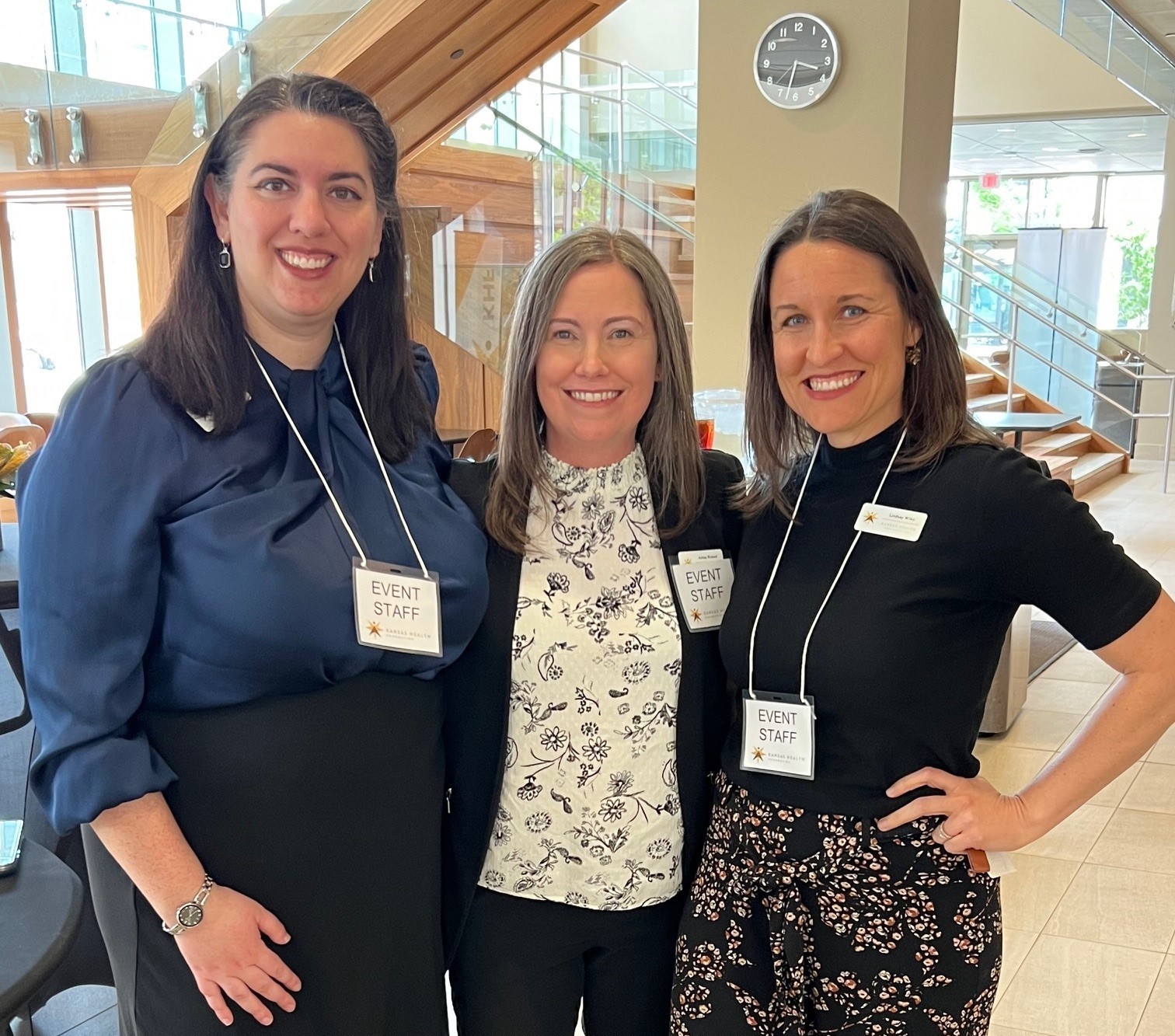In a person’s everyday life, whether at school or work, few skills are as important as the ability to read. Studies show children who fall behind their peers at a young age in terms of reading skills and reading comprehension face an uphill battle to “catch up” academically. These facts, and many more, make it imperative that children learn to read at an early age.
“Reading is the key to learning,” said Steve Coen, president and CEO of the Kansas Health Foundation (KHF). “Once reading skills are mastered at an early age, all other subjects and areas of knowledge come alive through books, online resources and activities. But, it all starts with the ability to read.”
In the state of Kansas, a key measure of reading literacy comes from standardized tests in fourth grade. This grade level is of critical importance because it, a) shows whether children are still achieving at a recommended grade level after their early elementary years, and b) serves as a predictor of educational success in the years to come.
ExcelinEd, a national education and literacy organization based in Florida, has compiled a number of statistics highlighting the importance of reading literacy at the fourth grade level. These statistics, which speak to reading as both an educational and economic issue, paint a stark picture of the stakes associated with early literacy.
According to ExcelinEd,
- 88 percent of students who failed to earn a high school diploma were struggling readers by the end of third grade.
- 7 out of every 10 inmates cannot read above a fourth grade level.
- Students who are not reading proficiently by the end of third grade are four times more likely to not graduate high school.
While these are national statistics, the numbers coming out of Kansas are enough to worry anyone that cares deeply about our children’s future.
According to the Kansas State Department of Education, in 2017, half of all fourth graders in the state were below proficiency in reading. The statistics are even more alarming when divided by specific racial/ethnic groups. In 2017, more than 70 percent of African-American fourth graders in the state were reading below grade level, as were nearly 67 percent of Hispanic fourth graders.
“If we, as an organization and a state, want to look at how to maximize the potential of our educational system, the logical place to start is focusing on reading literacy,” Coen said. “It’s time to take a good hard look at the best policies and practices around the country for literacy, and how they might be incorporated to benefit Kansas students.”
As KHF moves forward with its Educational Attainment impact area, data, research and conversations regarding early literacy will be at the center of these efforts.

